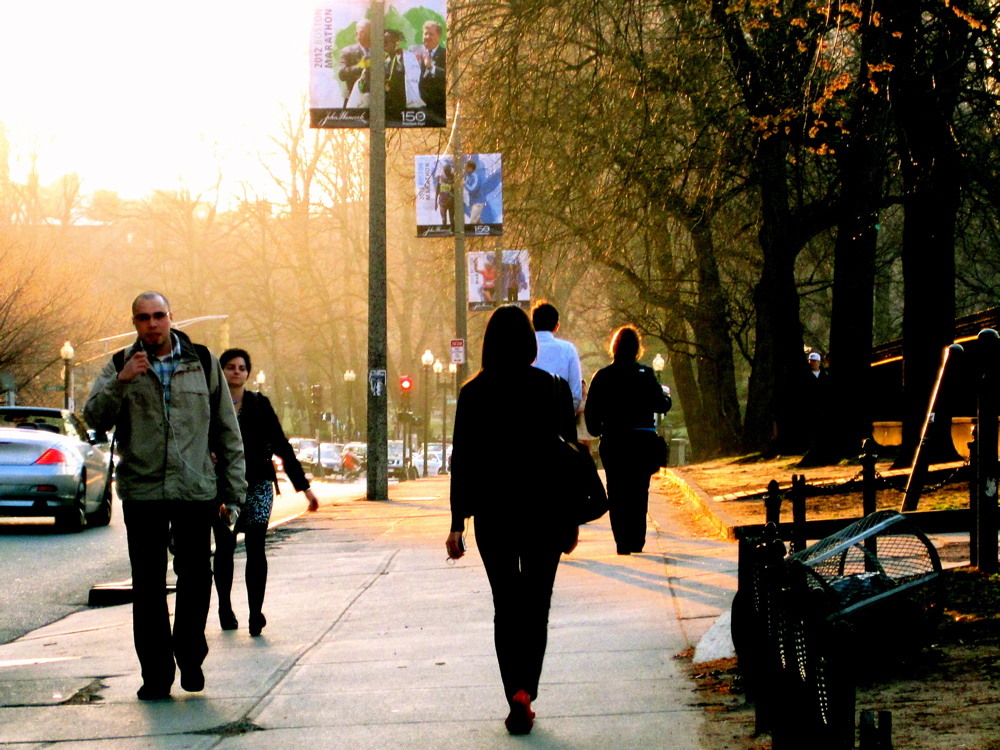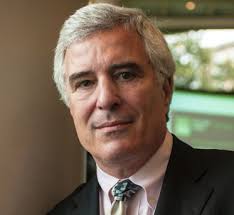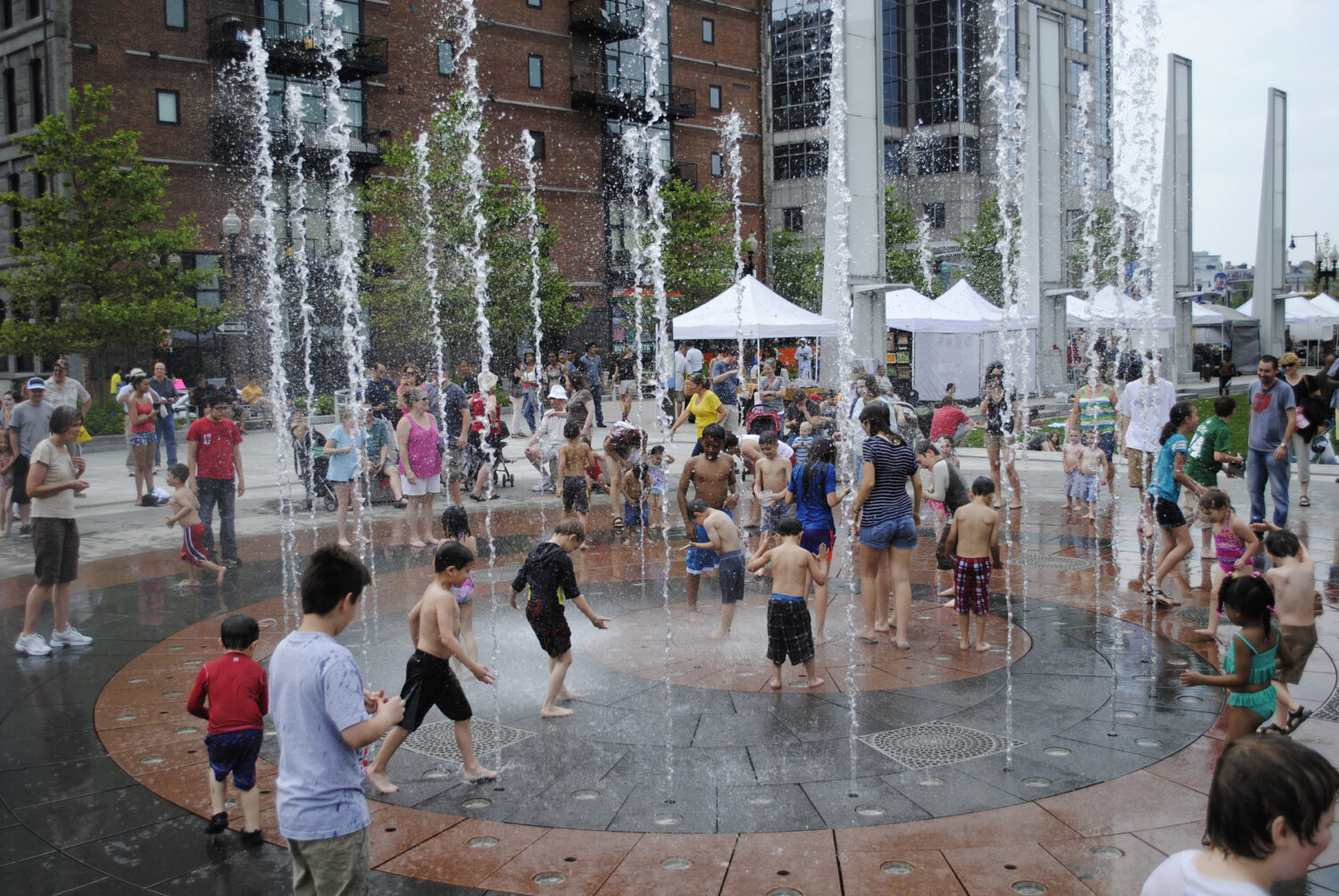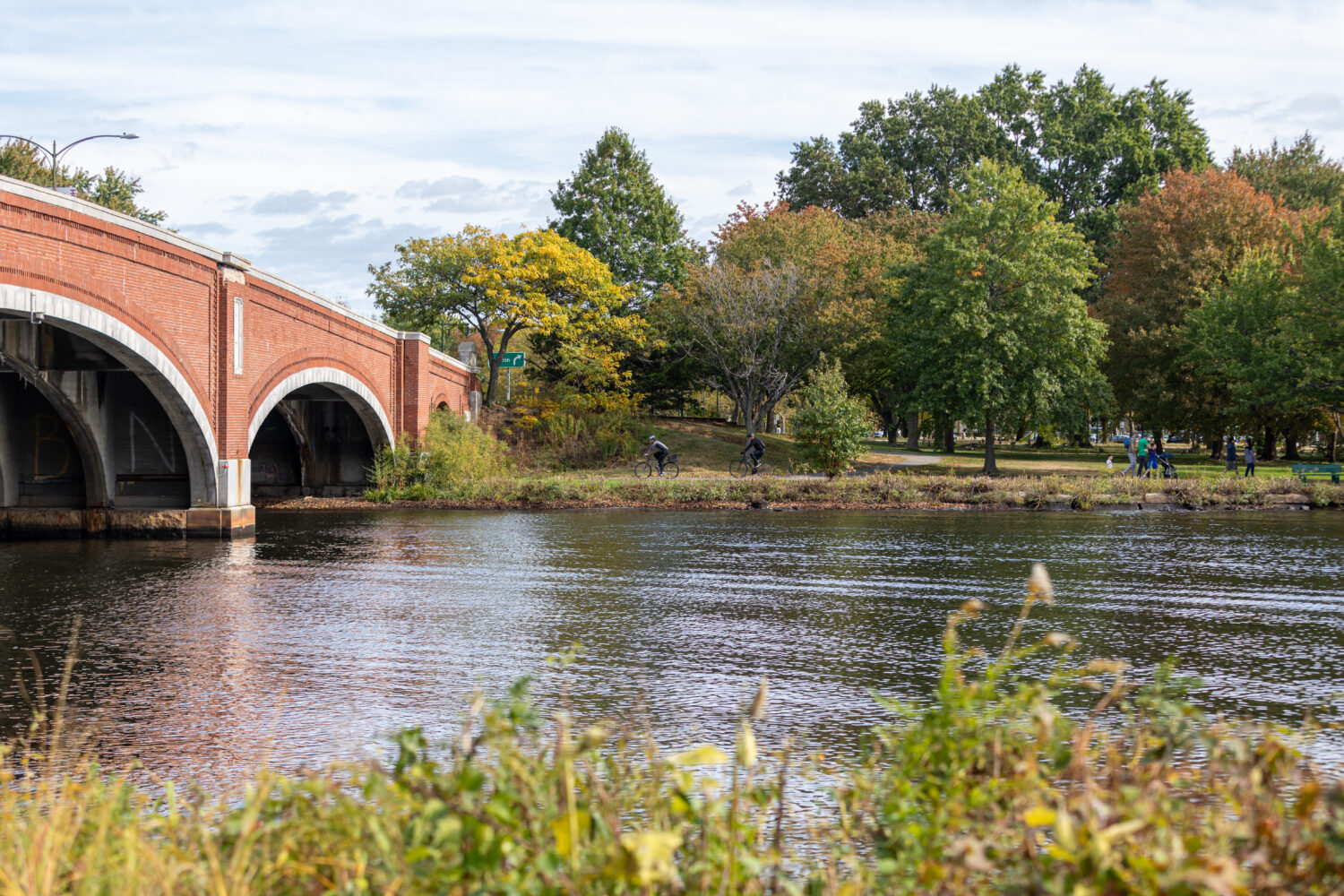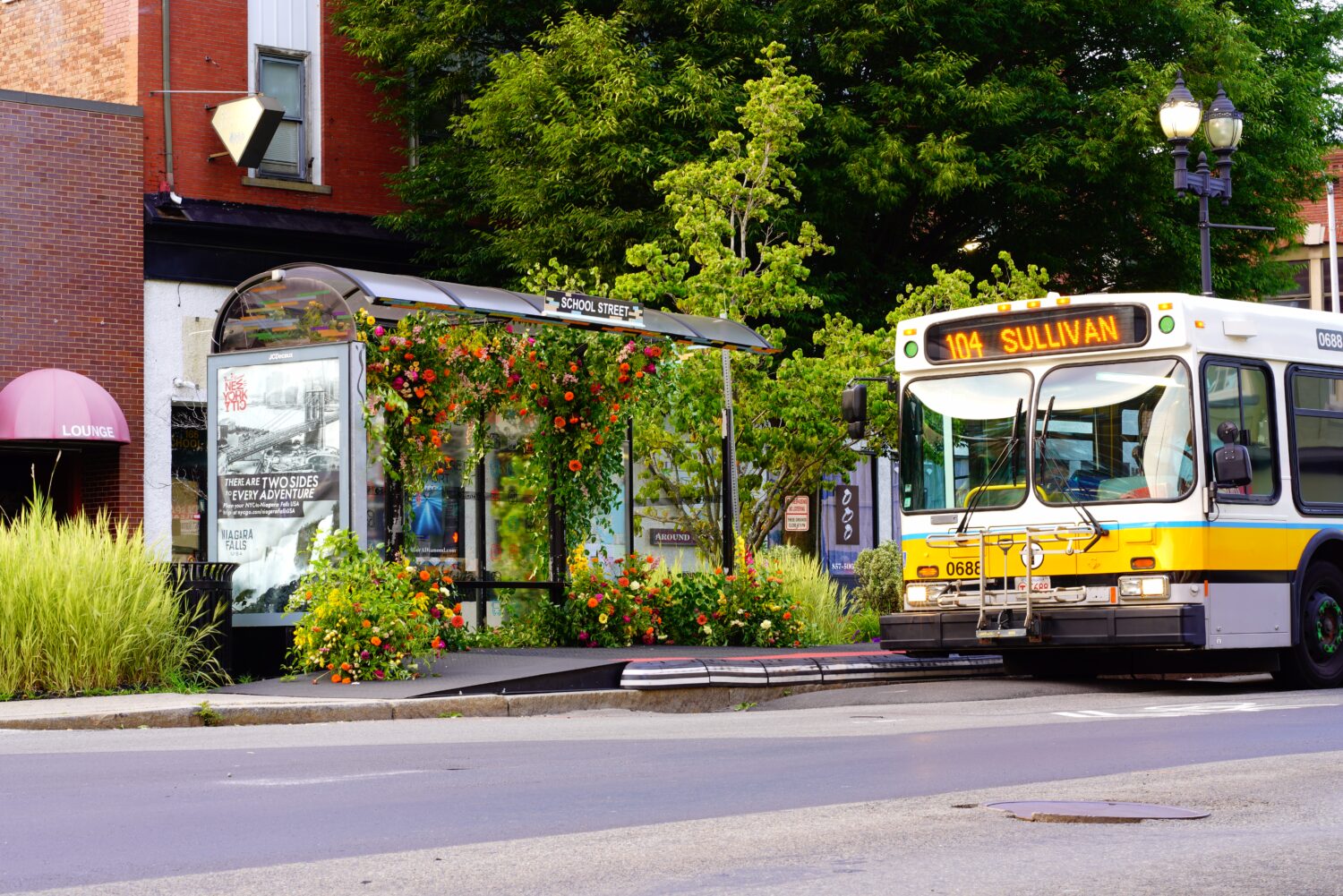Neighborhoods that are vibrant, are connected, and offer residents a rich array of transportation, recreation, and housing choices improve people’s quality of life and reduce their carbon footprint.As it turns out, they also generate significantly more tax revenues than communities that are not walkable.Our region has the potential to be among the most livable, sustainable, and resilient in the U.S.—but only if we are smarter about where and how we build.Investing in WalkUPs, or walkable urban places, is one pathway to that smarter growth.
A new report, The WalkUP Wake-Up Call: Boston, identifies all of the current and potential WalkUPs in Metro Boston and ranks them based on a combination of economic performance (real estate values and tax revenues) and social equity indicators (housing affordability, access to jobs and opportunity).In addition to showing how current WalkUPs could improve, the report highlights emerging and potential WalkUPs that look the most promising.With funding from the Barr Foundation, this research was conducted in collaboration with Northeastern University’s Dukakis Center for Urban and Regional Policy and the Metropolitan Area Planning Council, and in conjunction with LOCUS, a coalition of real estate developers and Cushman & Wakefield, the largest commercial real estate broker in the region.
I recently caught up with Chris Leinberger, president of LOCUS and co-author of the report, to get his insight about what potential WalkUPs hold for Greater Boston. Below is an excerpt from our conversation.
What makes WalkUPs worth a look?
Infrastructure and real estate have big implications for our economy—together they represent 35% of our nation’s wealth. How we invest in these two areas has a fundamental impact not only on where we live and how we get around but on our economic vitality and environmental sustainability.
We are currently experiencing a huge structural shift in how we invest our resources. The shift, which began in the mid 1990s, is moving investment from drivable sub-urban to walkable urban areas.
Out of the emerging WalkUPs identified in the report, which excites you most and why?
Assembly Row is a new WalkUP that just opened on a former industrial site in Somerville. This site includes a new MTBA station as well as both retail and housing development. This is the first time metro Boston has seen this type of WalkUP—the redevelopment of a former industrial site or brownfield—and this will be the first of many to come.
What is an example of a WalkUP done well in the U.S.?
The county of Arlington, North Virginia, has eight WalkUPs—more per capita than any other county. It is the model for urbanization of the suburbs. These suburban WalkUPs enable people to enjoy an improved quality of life with greater access to shops, restaurants, and other amenities within walking distances from their homes.
What makes Arlington WalkUPs so successful?
When Arlington invested in transit back in the 1970s, they did it right by putting it underground along their existing commercial corridor. They also put in proper zoning along the transit line, which allowed for mixed development of office, retail, and housing, plus a commitment to attainable, reasonably-priced housing.
The developers had a strong base of research that helped guide their plans and make them successful. Twenty-five years ago, Arlington’s WalkUPs generated 20% of the tax revenue and that percentage was falling as the strip malls were dying. Today, after tripling the square footage of the corridor, the WalkUPs generate 55% of the county’s tax revenues and that percentage is climbing.
Why is attainable housing a critical component to developing WalkUPs?
If WalkUPs are not available to all of us, then they can actually drive displacement and negative impacts of gentrification that depress both environmental and social equity indicators.
What is the biggest barrier to developing WalkUPs?
The biggest barrier to developing WalkUPs in metro Boston is “NIMBY,” or “not in my backyard” opposition. However, our research shows that those neighbors are actually the chief beneficiaries of WalkUP development—so through education they may come to see the benefits.
What does it take to overcome this barrier?
Get neighbors to participate. Actively engage the communities selected for development. Ensure that WalkUPs benefit current and future residents of those communities. The process really can become a win for all.
You know that Barr’s interest in WalkUPs extends from our commitments related to climate change and reducing carbon emissions. What is the potential WalkUP contribution there?
This is the number-one way we in this country are going to address climate change—build more walkable urban places. One piece of evidence for this is that almost 75% of greenhouse gas (GHG) emissions come from buildings and transportation. When you move a household from a drivable sub-urban area to a walkable urban area, you decrease their household GHG emissions by 50% to 80%.
How do you hope this research gets used and by whom?
I hope this research gives a common language to people who are working on different pieces of this issue, but may not realize the potential for synergy. I hope it helps social-sector advocates understand how smart growth development and market forces can advance their goals. I hope it shows real estate developers the importance of community engagement and of building WalkUPs that include attainable housing. Finally, I hope it helps government officials make the case for WalkUPs. Our research shows WalkUPs generate twelve times the tax revenues compared to drivable sub-urban regional malls and business parks—new revenues that can be reinvested in communities in myriad ways.
Hear more from Chris on the WalkUPs report by listening to his interview with WBUR
